Prime Minister Narendra Modi will be travelling to the US for an official state visit from 21-24 June this year, on an invitation by President Joe Biden. This would his first state visit to the US despite having visited the US five times since 2014 as the prime minister. Given the exclusiveness and rarity of a State visit, it is a clear signal of the importance accorded by the US towards India in its foreign policy outlook, especially in South Asia and the Indo-Pacific regions. Just short of the announcement of the visit, an article published in the Foreign Affairs Magazine on 1 May 2023, authored by Ashley Tellis has, however, set the cat among the pigeons. Titled ‘America’s Bad Bet on India’, it cautions the US State administration against banking on India’s support in any future US-China conflict’. The article states that the US, in its enthusiasm has “overlooked India’s democratic erosion and its unhelpful foreign policy choices”. Citing divergent views on security partnership, the article states “New Delhi retains an enduring aversion toward participating in mutual defense”. While talking of deepening defence ties between the US and India, the article refers to “India’s consistent desire to avoid becoming the junior partner—or even a confederate—of any great power.” The article sadly misses the essence of India’s foreign policy outlook which is founded on the principles of ‘Panchsheel’ (Five Principles) and exercise of ‘strategic autonomy’ which does not offer any space for becoming a junior partner of the confederate to any power or alliance. This strategic autonomy has often given India an unhindered ability to take decisions based purely on securing national interests, on regional/global issues. Unlike what Ashley Telly claims of “India’s democratic erosion”, India is a flourishing democracy, which is largest in the world, with a booming economy and a politically stable government at the centre. India-US relations too have gathered strong momentum in the past decades, but it has never been about blindly allying with the US. Rather, it has always been about developing an equal and trustworthy partnership, an important facet of India’s foreign policy. The steady evolution of India’s foreign policy in the past two decades has now acquired global centre stage, especially since the Ukraine war broke out in February 2022. As the war has progressed, the stature of New Delhi as the ‘go-to capital’ has grown. India has been repeatedly requested to use the good rapport that Prime Minister Modi enjoys with President Putin to somehow end the war in Ukraine. Prime Minister Modi’s assertion to President Vladimir Putin, ‘today’s era is not of war’ during the SCO Summit in Samarkand, Uzbekistan in September 2022, still echoes across global platforms. It also found prominence in the ‘Bali Declaration’ issued after the G20 Summit in November 2022 in Bali, Indonesia. External Affairs Minister S Jaishankar too has been proactive and clear in laying out India’s foreign policy tenets. Speaking at the Munich Security Conference in February 2022, just before the Ukraine war broke out, he stated, “I would say principles and interests are balanced and if people were so principled in this part of the world, they would have been practising them in Asia, or Afghanistan before we have actually seen them do.” Later, in April 2022, defending India’s right to purchase crude oil from Russia amidst the Ukraine war, Jaishankar was critical when he stated, “our total purchases for the month would be less than what Europe does in an afternoon”. In the past, India has been critical of the US-led war in Iraq in 2003 as well as Western attempts to enforce its style of democracy during the ‘Arab Spring protests in West Asia in 2011-12. The US continued aid to Pakistan despite its proven support of terror too has often drawn India’s ire. Similarly, India did not hesitate in calling out Russia’s aggression in Ukraine during the G20 Foreign Minister Meet held in New Delhi in March 2023. The ‘Chair’s Summary and Outcome Document’ issued stated, “deplore in the strongest terms the aggression by the Russian Federation against Ukraine and demands its complete and unconditional withdrawal from the territory of Ukraine”. At each such insistence in the past, India has exercised its strategic autonomy by calling out the power which is on the wrong side, no matter how powerful. It refused repeated requests by the US for India’s participation in the war in Afghanistan, has never relented on requests for basing foreign military assets on Indian soil and has refused to join any camp or alliance. Unlike the US which prefers ‘either you are with us or against us’, India has always preferred equal partnerships, based on convergence and mutual interests. Located in a hostile neighbourhood, India also knows and realizes that it will have to fight its wars itself in whatever form or time they manifest. Whether it was the 1962 war against China or the Kargil War in 1999 against Pakistan or the most recent military clashes with China in Eastern Ladakh in May 2020, India knows that it cannot bank on active international support of the kind that Ukraine is getting against Russia. With an economy which is the fifth-largest in the world, a military which is large and potent, a flourishing democracy and a stable and resolute political leadership, India is in a good space. India is part of all modern, major and emerging multilateral forums like the SCO, BRICS, Quad, I2U2 etc. and the world is seeking India out, recognising its power and influence. The theme of India’s current G20 presidency; ‘One Earth, One Family, One Future’ too demonstrates India’s larger global outlook. The world too is no longer bipolar and is witnessing a number of emerging powers and alliances. In such a scenario, the question of an ally or alliances of the Cold War era look outdated and archaic. ‘Ally’ seems subservient whereas ‘partner’ looks equal. India can be an equal and trustworthy partner but definitely not a subservient ally. The author is Assistant Director, MP-IDSA. Views expressed are personal. Read all the Latest News, Trending News, Cricket News, Bollywood News, India News and Entertainment News here. Follow us on Facebook, Twitter and Instagram.
Unlike the US which prefers ‘either you are with us or against us’, India has always preferred equal partnerships, based on convergence and mutual interests
Advertisement
End of Article


)
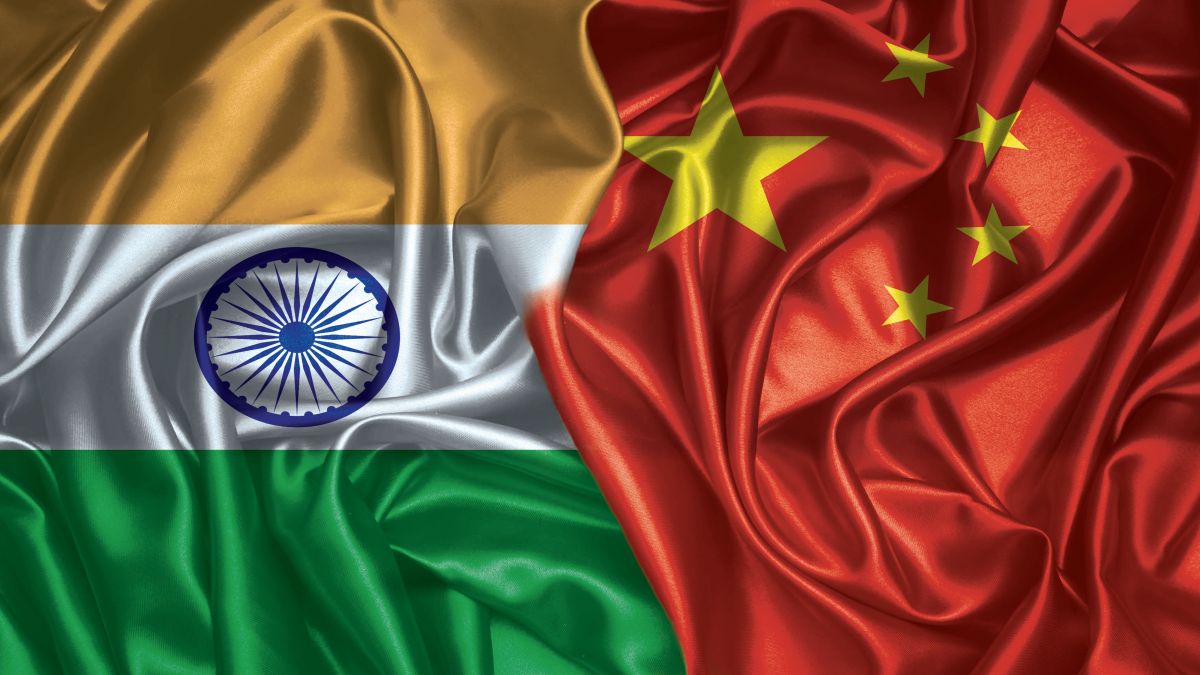
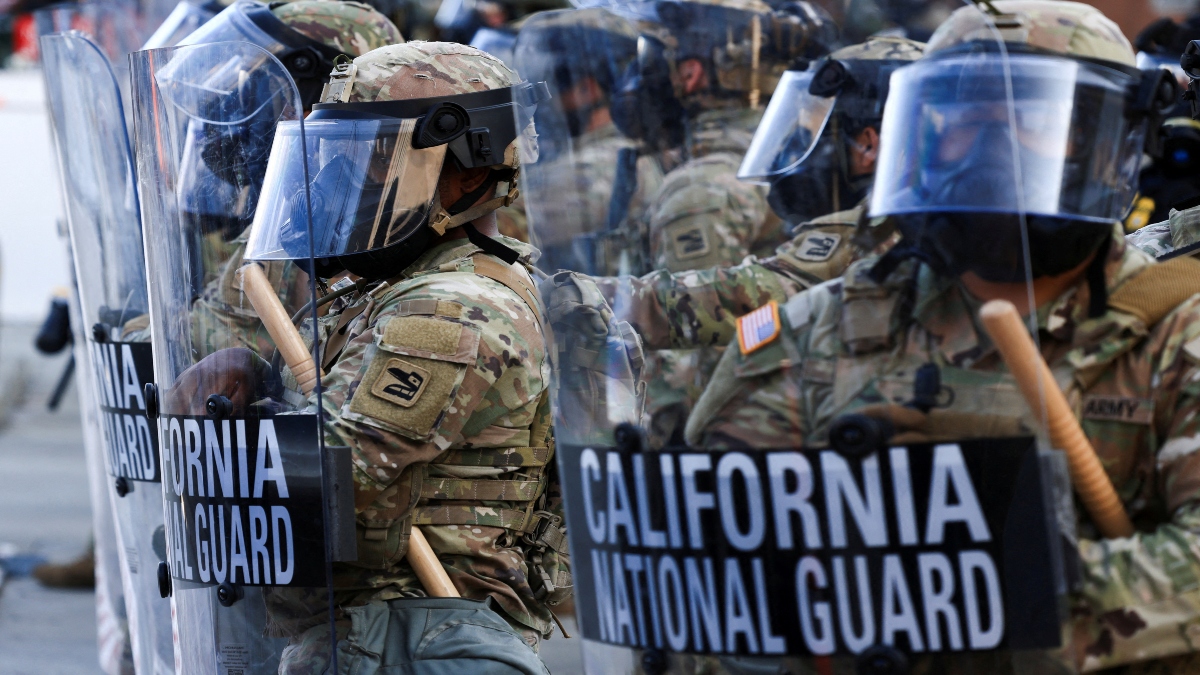)
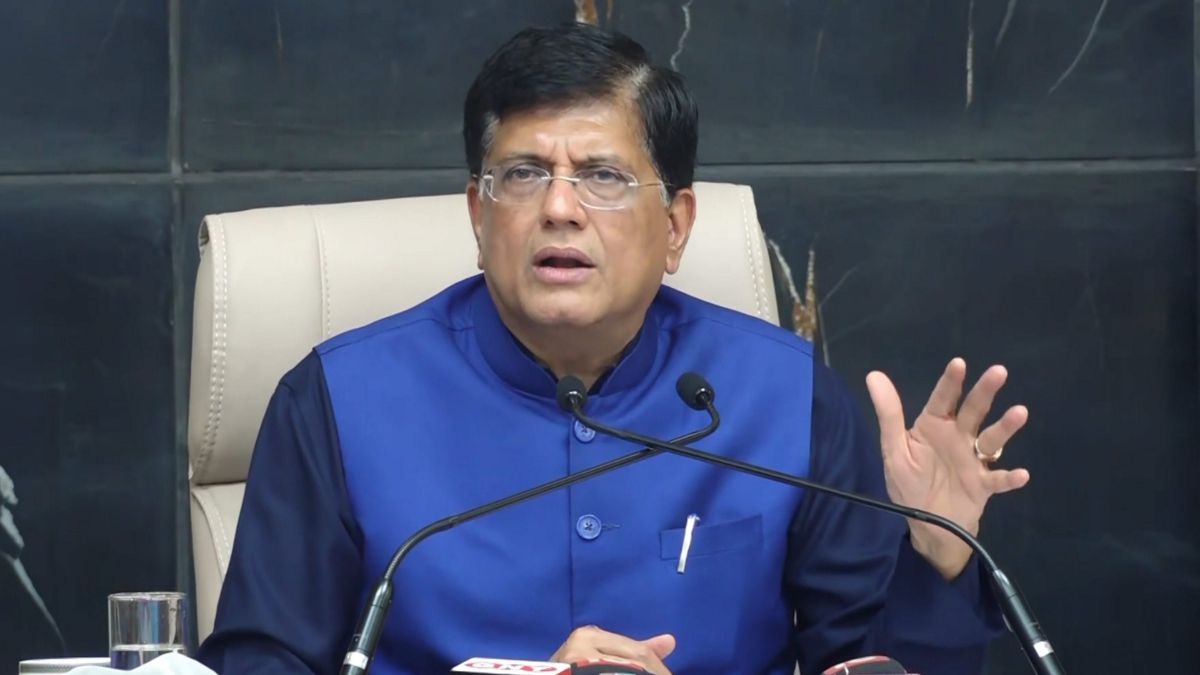)
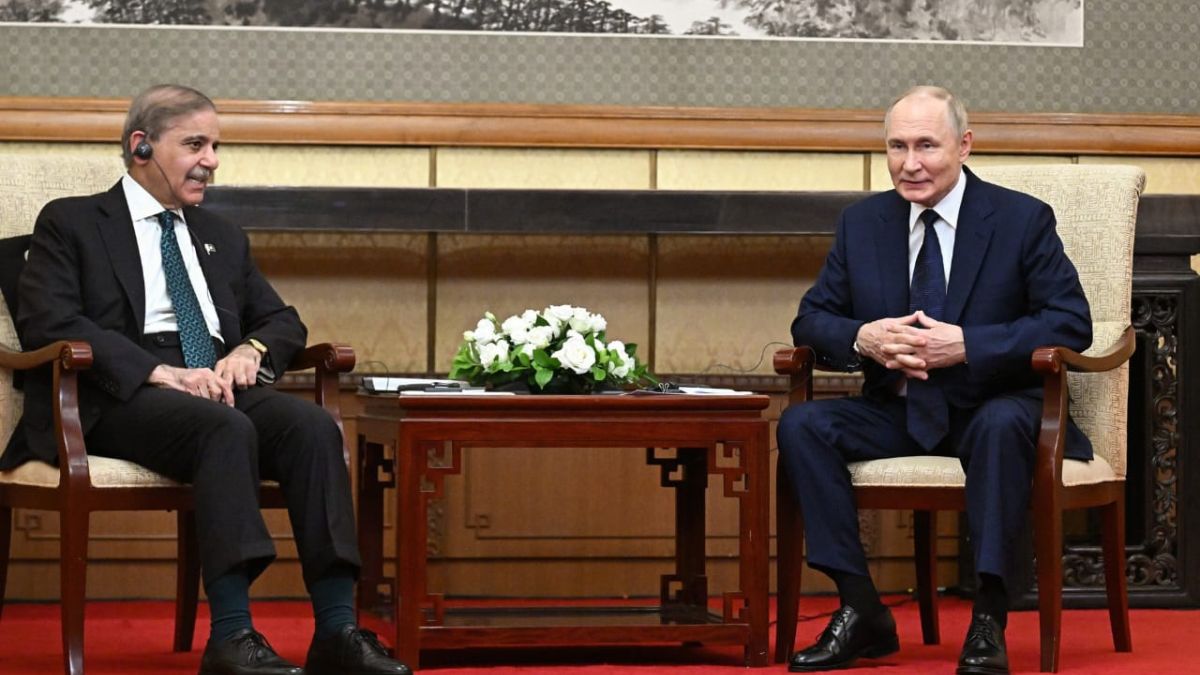)
)
)
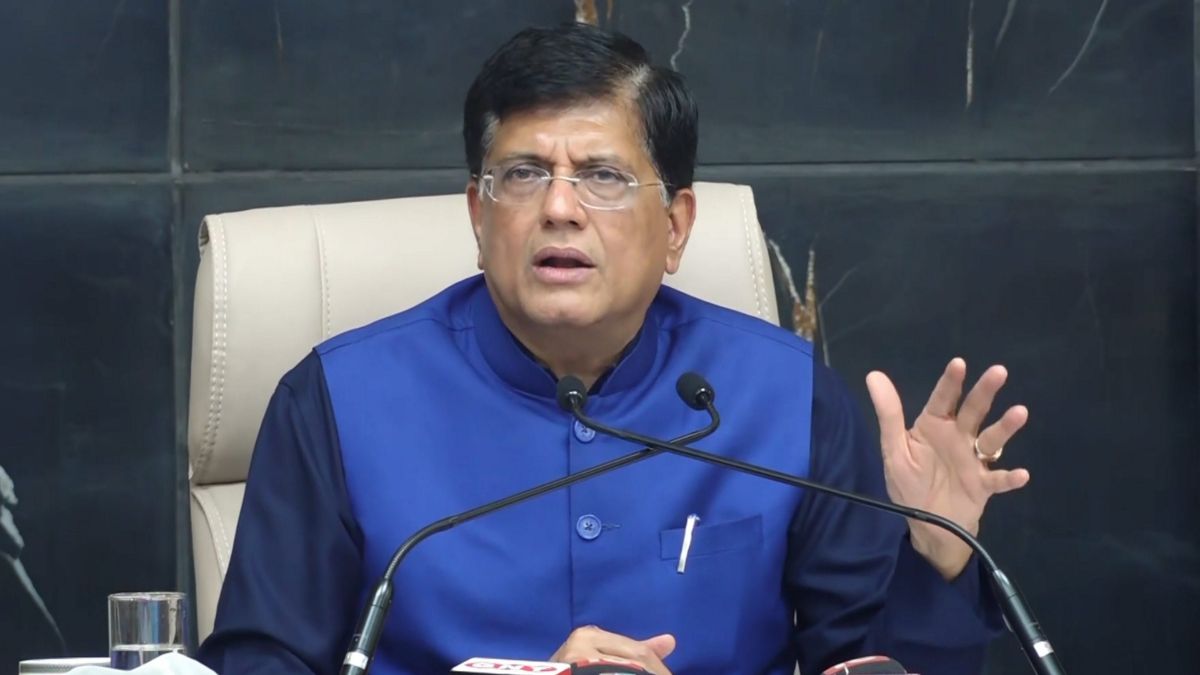)
)
)



